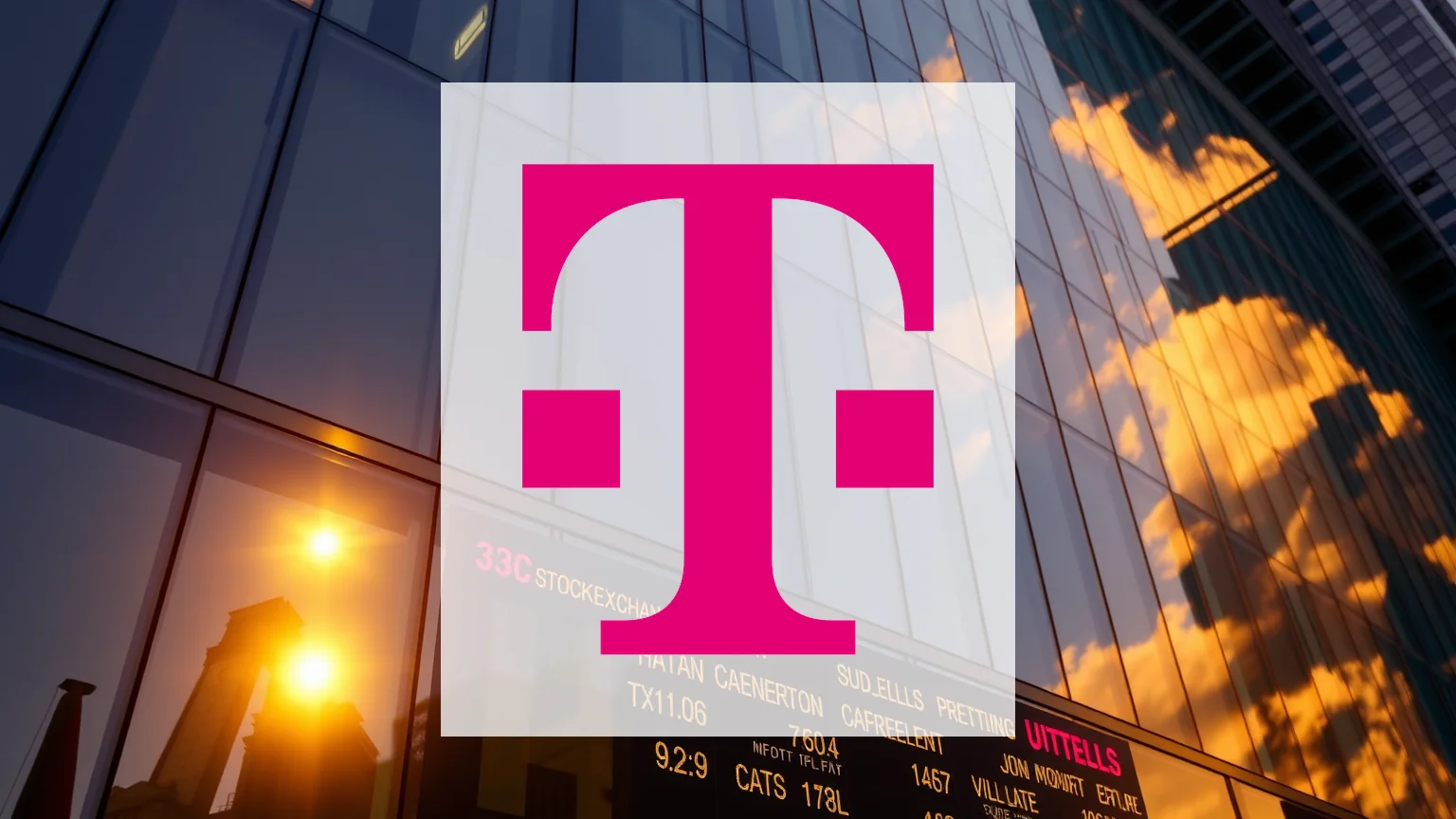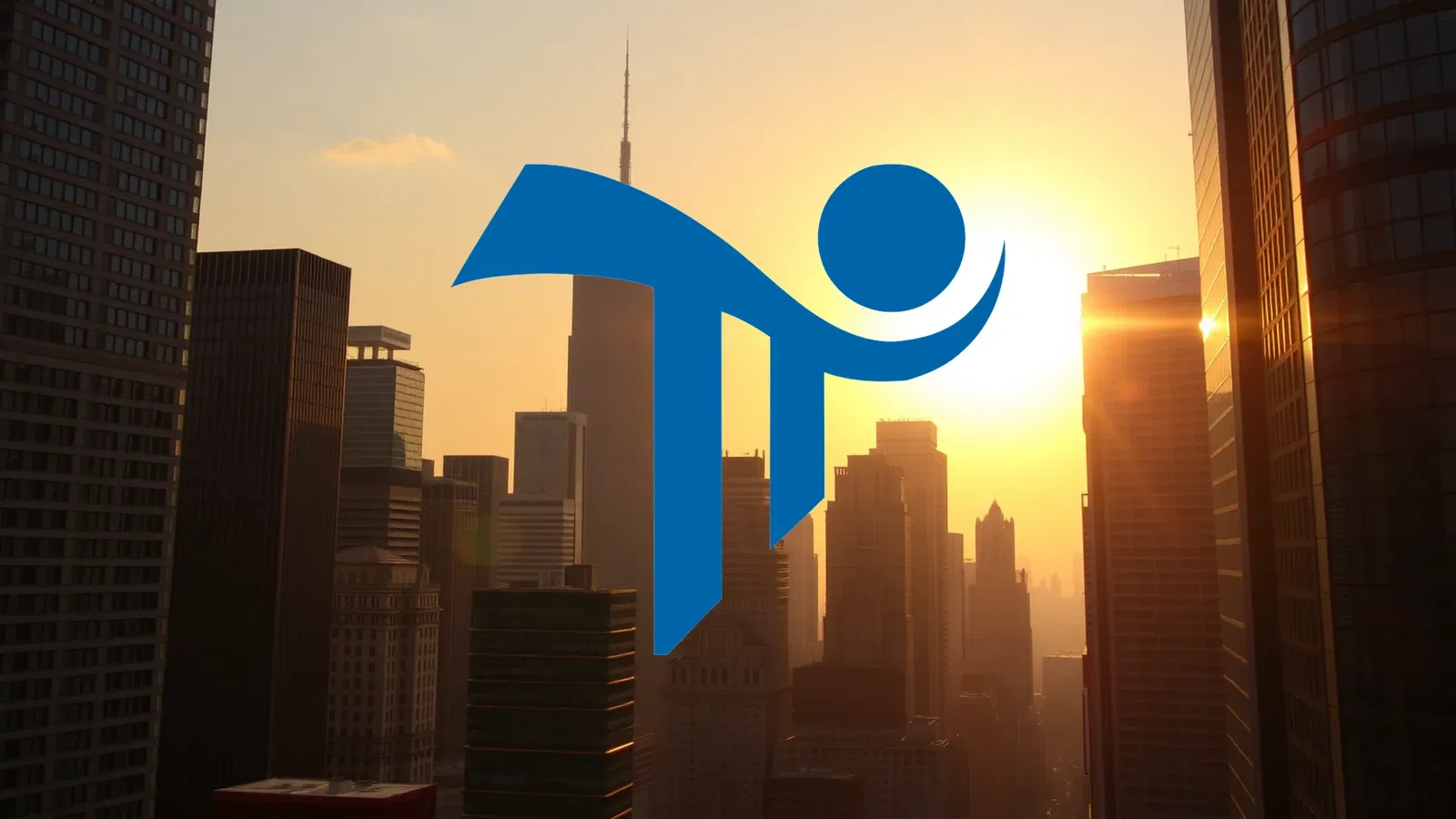In the competitive European telecommunications sector, two distinct investment profiles have emerged. On one side stands Deutsche Telekom, a stalwart with a commanding €155 billion market capitalization. On the other is Vodafone, a potential turnaround story valued at approximately €27 billion. This presents investors with a fundamental choice between proven stability and speculative recovery potential.
Financial Foundations and Market Positioning
Deutsche Telekom maintains its dominant position through a dual-engine strategy: a powerful home market presence in Germany combined with its high-growth T-Mobile US subsidiary. This formidable combination supports robust financial projections, including an anticipated adjusted EBITDA AL of roughly €45 billion for 2025. The company further demonstrates financial strength with expected free cash flow of approximately €20 billion.
Vodafone’s narrative differs significantly, as the company navigates a comprehensive restructuring phase. Recent strategic moves include market exits in Spain and Italy, coupled with a merger of its UK operations, as management focuses resources on more promising territories. The company’s substantially lower valuation reflects investor skepticism about whether this represents genuine value or a potential value trap.
Comparative Financial Metrics
A detailed examination of key financial ratios reveals distinct corporate profiles:
| Metric | Deutsche Telekom | Vodafone | Assessment |
|---|---|---|---|
| Forward P/E | 14.8 | 11.9 | Vodafone appears cheaper |
| EV/EBITDA | 6.2 | 5.4 | Vodafone more attractive |
| Price/Book | 1.7 | 0.46 | Vodafone trades below book value |
| Return on Equity | 9.5% | -6.48% | Deutsche Telekom demonstrates clear superiority |
| Free Cash Flow Yield | 12.4% | 9.2% | Deutsche Telekom shows greater stability |
These figures paint a clear picture: Deutsche Telekom excels in profitability metrics, while Vodafone offers more attractive valuation multiples.
Network Advancement and Competitive Dynamics
The race for 5G supremacy highlights another contrast between the two operators. Deutsche Telekom aggressively expands its next-generation network, targeting coverage for 99% of Germany’s population by 2025. This network leadership helps secure market share and supports premium pricing strategies.
Vodafone faces more immediate challenges, particularly in the crucial German market where service revenues declined by 5%, largely due to regulatory changes affecting television services. Despite these headwinds, management indicates expectations for a trend reversal within the current fiscal year.
Growth Trajectories and Strategic Directions
Deutsche Telekom exemplifies predictable, steady growth. The company reported a 7.9% increase in adjusted EBITDA AL to €11.3 billion during the first quarter of 2025, reinforcing its appeal to risk-averse investors seeking reliability.
Vodafone presents a different proposition entirely—higher risk coupled with potentially substantial rewards should its transformation prove successful. Early signs of stabilization emerged with the company generating adjusted free cash flow of €2.5 billion in fiscal 2025.
Geographical diversification also differs markedly between the two firms. While Deutsche Telekom relies on its established Germany-US axis, Vodafone maintains exposure to rapidly growing African markets that could provide significant upside if management executes effectively.
Shareholder Returns: Dividend Policies Compared
Income investors will find Deutsche Telekom’s consistent dividend policy appealing, characterized by reliable distributions. Vodafone has taken a different path, reducing its dividend to strengthen the balance sheet by decreasing debt and funding necessary infrastructure investments.
Investment Thesis: Risk Versus Reward
Ultimately, investors face two contrasting scenarios: Deutsche Telekom offers the stability of a blue-chip dividend stock with lower volatility, while Vodafone represents a speculative turnaround bet with higher potential returns accompanied by greater risk.
The appropriate choice depends entirely on individual risk tolerance and investment objectives. Conservative portfolios may benefit from Deutsche Telekom’s predictable performance, while aggressive investors might find Vodafone’s potential recovery story compelling despite the elevated execution risk.
Conclusion: Deutsche Telekom maintains superiority in quality and stability metrics, whereas Vodafone attracts with valuation multiples that may appeal to risk-tolerant market participants. The German champion provides the safer investment pathway, while its British counterpart offers greater potential upside.
Ad
Deutsche Telekom Stock: Buy or Sell?! New Deutsche Telekom Analysis from February 8 delivers the answer:
The latest Deutsche Telekom figures speak for themselves: Urgent action needed for Deutsche Telekom investors. Is it worth buying or should you sell? Find out what to do now in the current free analysis from February 8.
Deutsche Telekom: Buy or sell? Read more here...













